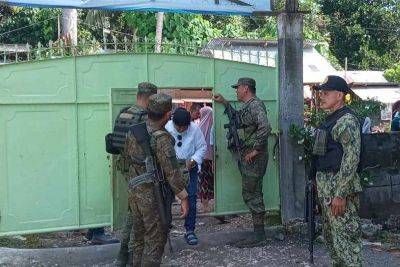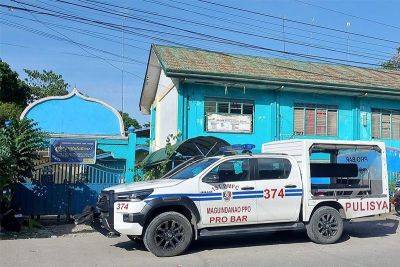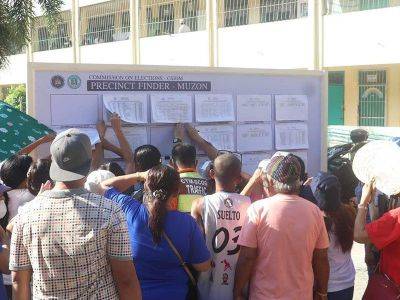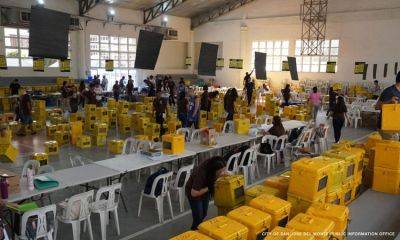Aussie voters reject indigenous rights
SYDNEY—Australians have roundly rejected greater rights for Indigenous citizens, scuppering plans to amend the country’s 122-year-old constitution after a divisive and racially-tinged referendum campaign.
With two-thirds of polling places reporting, 55 percent of voters had voted “no” to acknowledging Aboriginal and Torres Strait Islanders in the country’s constitution for the first time.
The reforms would also have created a consultative body — a “Voice” to Parliament — to weigh in on laws that affect Indigenous communities and help address profound social and economic inequality.
Despite support from the country’s center-left government, the “yes” campaign had trailed in opinion polls for months, and a defeat was widely expected.
Deputy Prime Minister Richard Marles acknowledged the defeat early in the evening, telling public broadcaster ABC “Australians have not voted for a change to the constitution.”
Despite pre-referendum polls pointing to a defeat, Indigenous Australians expressed anger and anguish that the white majority had rejected calls for a reckoning with the country’s bloody colonial past.
“This is a difficult result, this is a very hard result,” said Yes23 campaign director Dean Parkin.
“We did everything we could and we will come back from this,” he said.
More than 230 years since the first British penal ships anchored in Sydney, Prime Minister Anthony Albanese proposed the reforms as a step towards racial reconciliation.
But instead, it has sparked a deeply rancorous and racially-tinged debate that exposed a gulf between First Nations people and the white majority.
Polls have consistently shown that voters — most of whom are white — rank Indigenous issues far down their list of political priorities.
In the days before the vote, media attention has focused as much on events in the Middle East as the political debate at home.
The opposition campaign had deftly channeled fears about the role and effectiveness of the “Voice” assembly, encouraging people to vote “no” if they are uncertain.
The debate was accompanied by reams of online misinformation: suggesting the “Voice” would lead to land seizures, a South African-style system of apartheid or was







